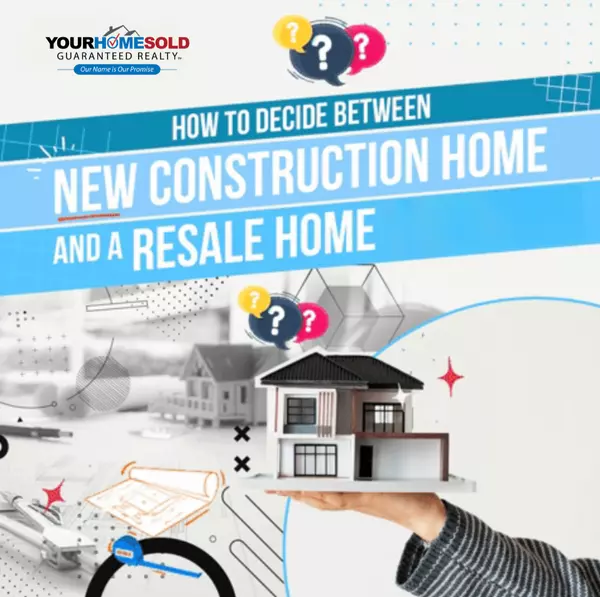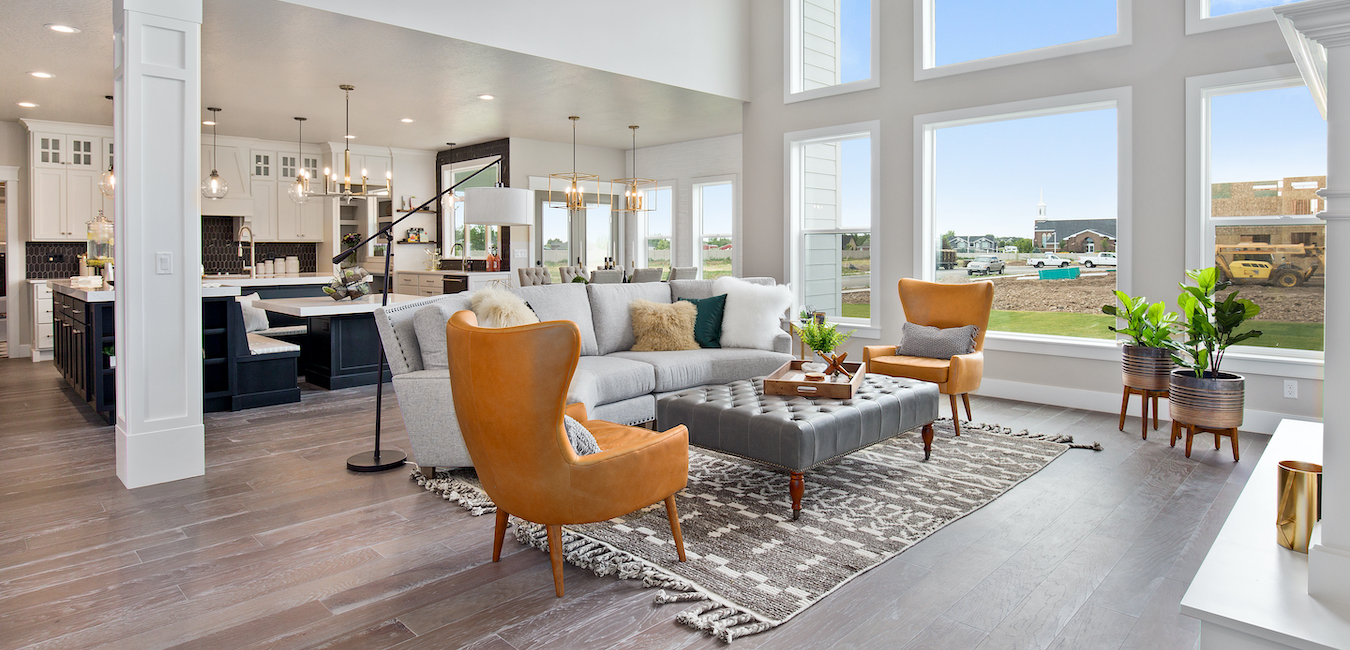
October 2024 Homeward Bound Newsletter

Moving Up?
6 Mistakes to Avoid When Trading Up to a Larger Home 6 Mistakes to Avoid Unlike the experience of buying a first home, when you’re looking to move-up, and already own a home, there are certain factors that can complicate the situation. It’s very important for you to consider these issues before y

New Homes vs. Resale
NEW HOMES: 10 Tips To Save You Time and Money The Homebuyers’ Guide to NEW HOMES Read This BEFORE You Visit Your First Model Home! When shopping for your home, you’ll discover that most homes on the market are resales. Yet, one out of four homebuyers purchases a new home. Both new homes and re
Categories
Leave a reply







